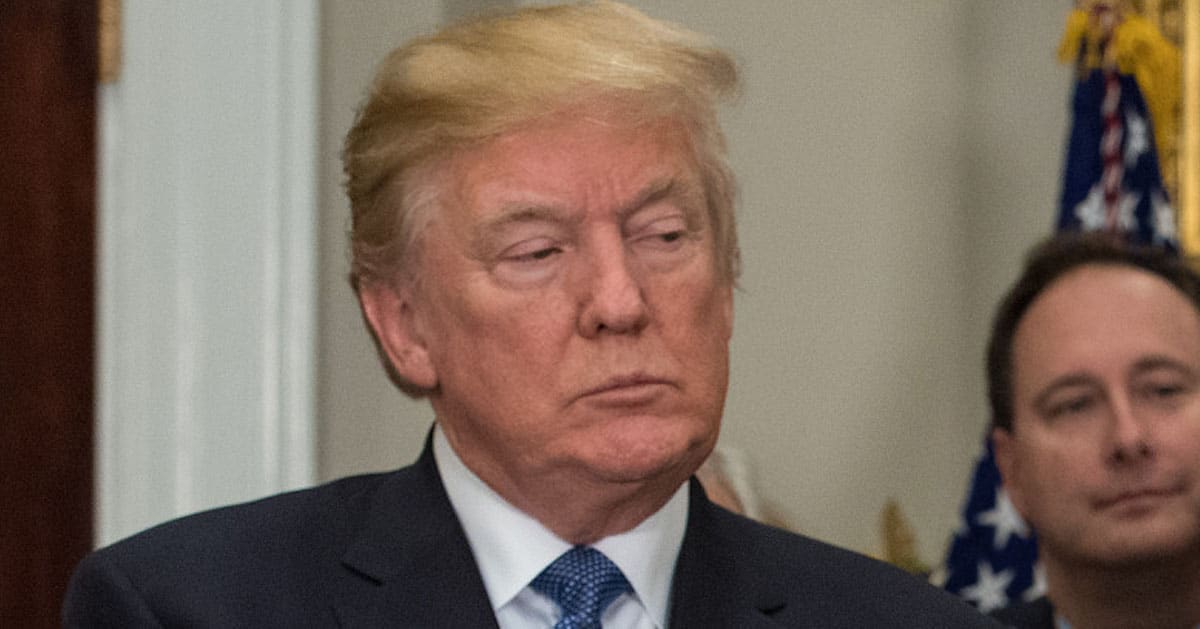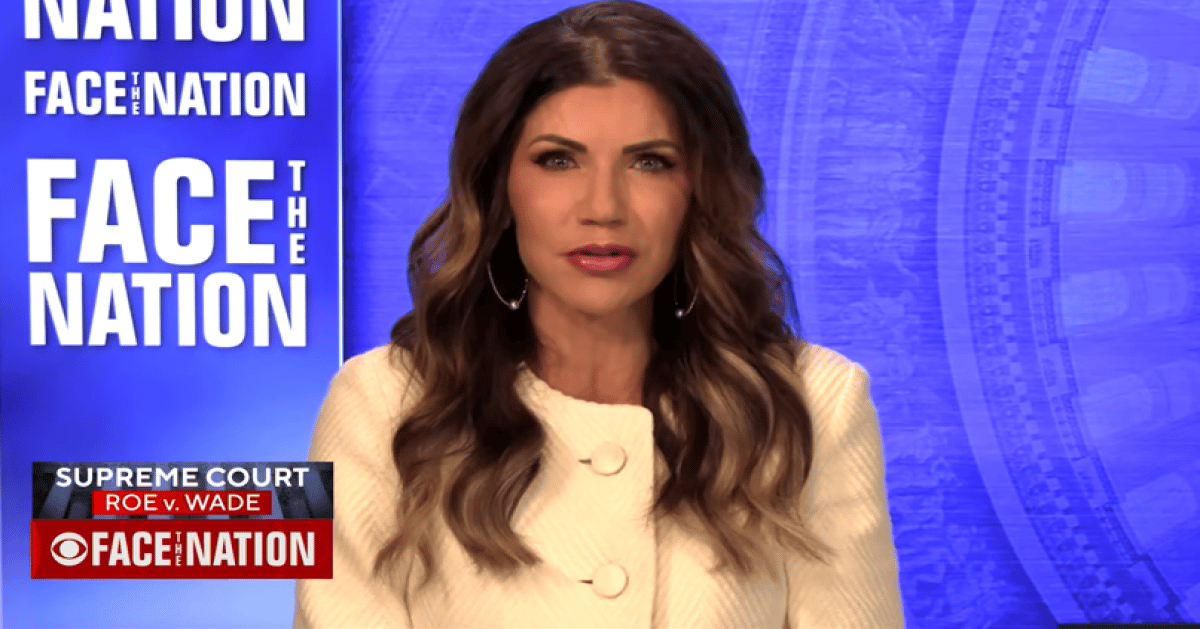





On Christmas Day, President-elect Trump took to social media to harshly criticize President Biden's decision to commute the death sentences of 37 federal inmates, sparking controversy with further comments on international relations.
The Hill reported that Trump's post included strong language directed towards individuals whose death sentences were recently commuted by President Biden, many of whom are convicted killers.
On the Monday before Christmas, Biden commuted sentences for 37 federal inmates, shifting them from capital punishment to life imprisonment. Trump's reaction was swift and heated as he addressed these individuals directly.
Using strong rhetoric, Trump expressed disdain for President Biden's action, characterizing the commuted inmates as some of the most violent individuals in history.
In his post, he refused to extend seasonal greetings to the 37, instead wishing them ill as an expression of his disapproval. Trump's post labeled these individuals as "violent criminals" who received what he referred to as a "pardon" from President Biden.
The social media post delved into foreign affairs, making allegations against China concerning the Panama Canal. Trump accused Chinese soldiers of unauthorized operations at the canal.
This canal, a vital waterway linking the Atlantic and Pacific Oceans, was highlighted in Trump's critique, referencing historical American sacrifices during its construction over a century ago.
In his remarks, Trump criticized the financial expenditures of the United States regarding the canal's maintenance. He expressed frustration over the perceived lack of American influence in operations despite substantial financial contributions, suggesting this was indicative of larger issues in international operations managed by foreign states.
President-elect Trump also turned his attention north of the U.S. border, proposing a hypothetical situation where Canada could join the United States as its 51st state.
Trump suggested that such a union would ostensibly lower taxes for Canadian citizens and bolster both their economy and security. By addressing the tax burden under Canadian governance, he implied benefits for Canadians joining the United States, framing it as a politically strategic move.
In this vision, Trump also predicted military defense advantages for Canada, proposing significant enhancements to its protective measures. The economic growth for Canadian businesses was highlighted as a key benefit of potential statehood, painting a picture of mutual gain.
In addition to his statements on China and Canada, Trump mentioned Greenland, suggesting its importance to U.S. national security.
His comments alluded to a desire for increased American presence on the island, implying that Greenland's strategic location was crucial for the nation’s defense posture.
Trump's remarks painted Greenland as a supportive partner for U.S. objectives, suggesting that Greenland's involvement would be beneficial to both parties. In doing so, he highlighted Greenland’s geographic significance in geopolitics.
The reaction to Trump’s post was immediate, with critics and supporters alike taking to social platforms to voice their opinions.
While some supported his assertive stance on crime and foreign policy, others found his comments inflammatory and divisive, especially during a time traditionally associated with peace and unity.
Trump's post on Christmas Day stands as a clear illustration of the stark political divide in the United States.
His comments on international relations, combined with his harsh tone towards the commuted inmates, have sparked discussions on policy and diplomacy that will likely continue into the new year.
This development represents a significant moment in the political discourse, as the nation prepares for Trump's forthcoming presidency. Both his domestic and international policy views will remain under scrutiny as they reflect the broader themes of his political agenda.



